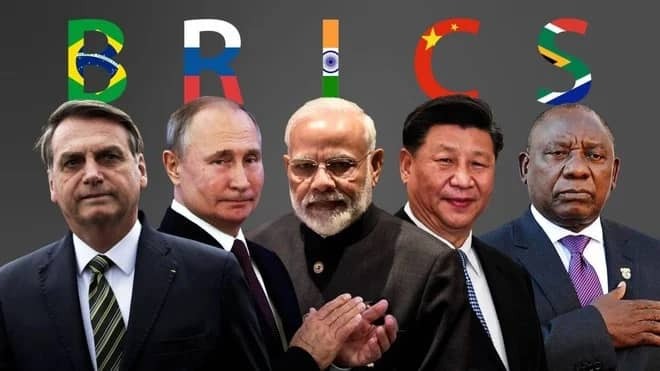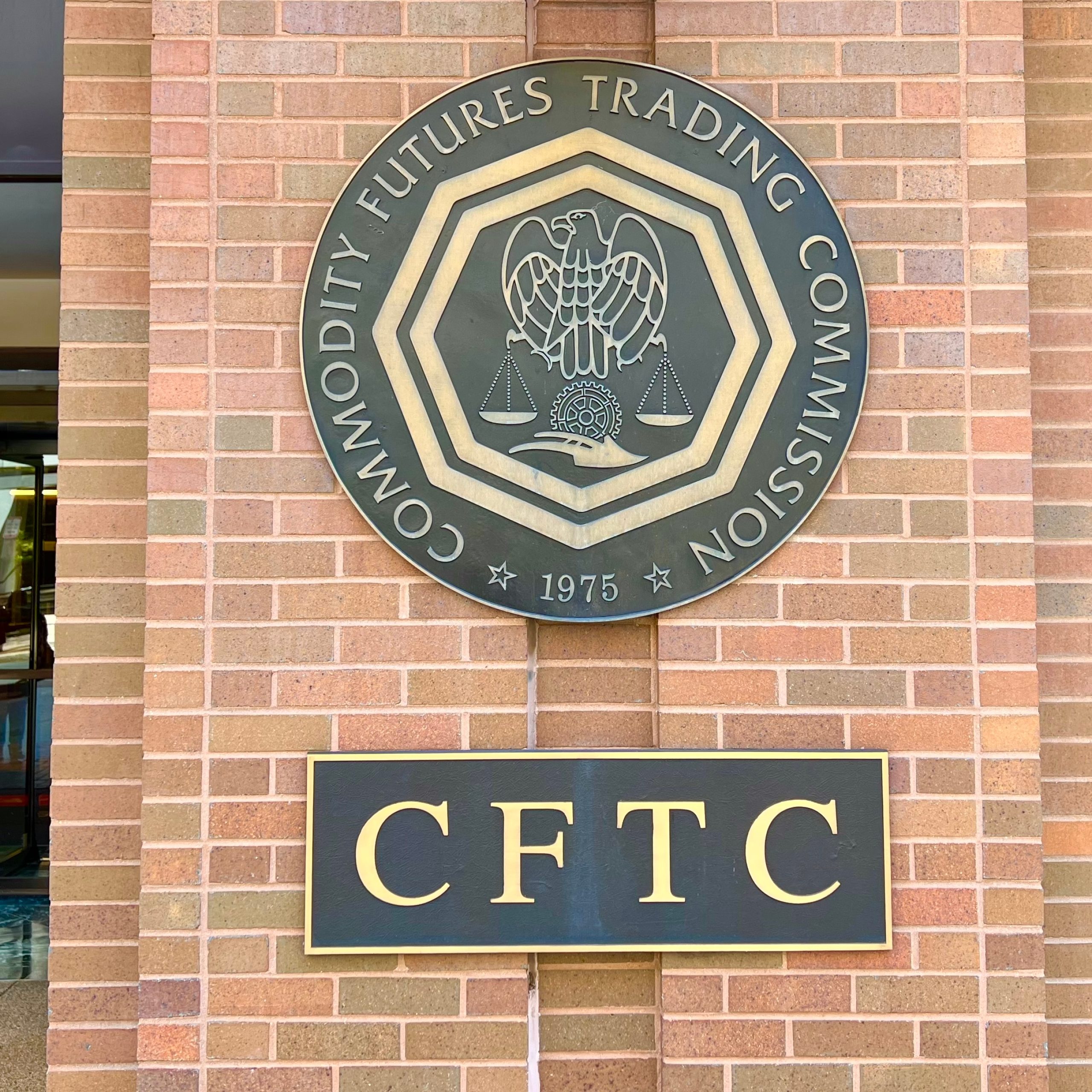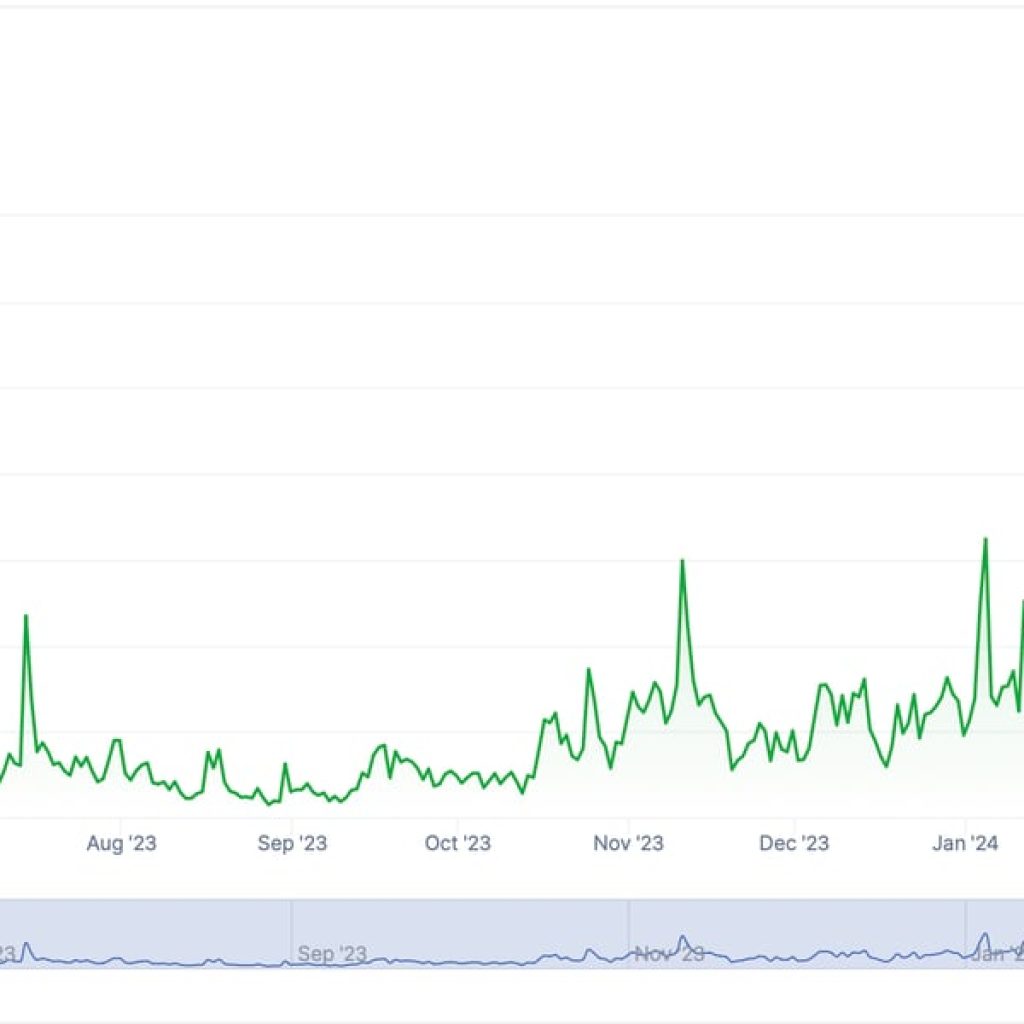Algeria wants in on BRICS. Najiba Djilali, who leads the People’s Assembly of Algiers Province, made this clear at the sixth International Municipal BRICS Forum in Moscow.
“We want our country to join BRICS,” she said. Algeria’s move is about getting closer to the big players in the group, especially Russia, and boosting its economic ties.
Djilali pointed out that Algeria joining BRICS could tighten relations with current members. “It will be a great joy for us if BRICS provides such an opportunity to improve relations between our countries,” she said.
The forum is touted as a big deal, attracting representatives from 126 countries, including 89 Russian regions, and more than 5,000 participants from 500 cities.
They’re there to talk about everything from the economy to education, looking for ways to collaborate more closely in these areas.
BRICS’ recent expansion and the dollar dilemma
This is a time of change for BRICS. The group recently added four new members: the UAE, Iran, Egypt, and Ethiopia. This expansion aims to reshape global trade as the BRICS union explores ways to support countries keen to reduce their reliance on the US dollar.
This year’s forum in Moscow, held from August 27-28, brought together 126 nations to discuss these strategies. Many of the discussions focused on promoting local currencies for trade, which they expect to help establish a more balanced global financial system.
Currently, 26 nations have formally applied to join BRICS, and another 21 have shown informal interest. The upcoming 16th BRICS summit, scheduled for October 22-24, 2024, in Kazan, Russia, is expected to focus on de-dollarization.
A possible BRICS currency might be on the table, designed to facilitate trade among member nations in the transition away from USD.
Meanwhile, China has become Saudi Arabia’s largest oil customer, accounting for over 20% of the kingdom’s total crude oil exports. Saudi Arabia plans to increase crude oil supplies to China in 2024 to meet the demands of new refineries coming online.





